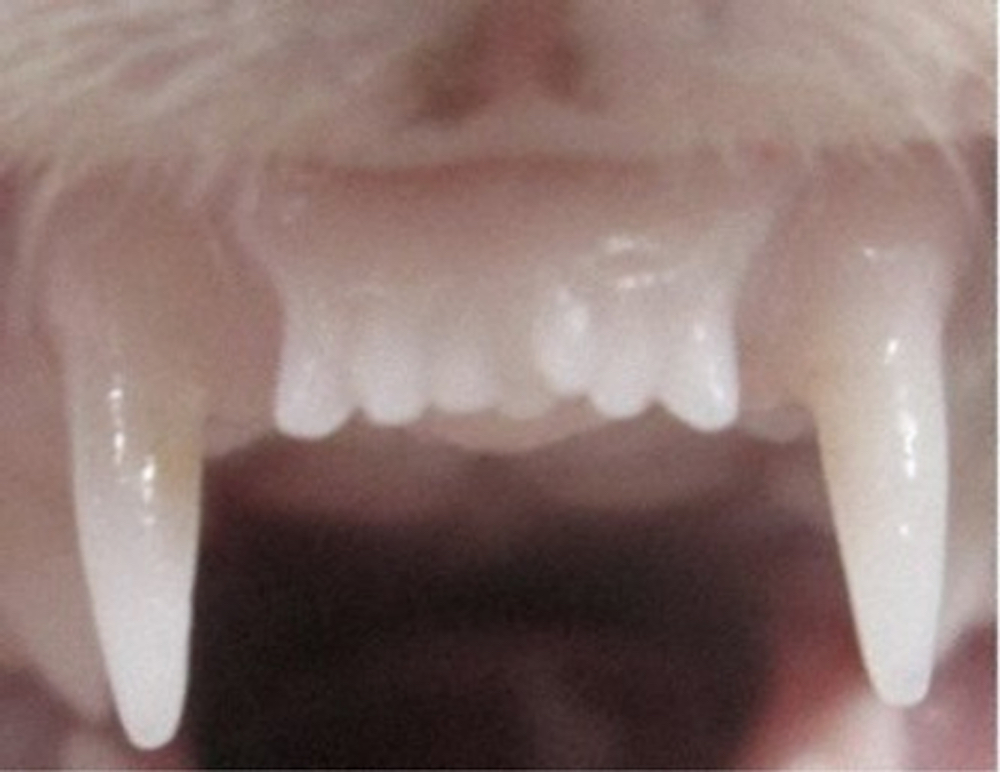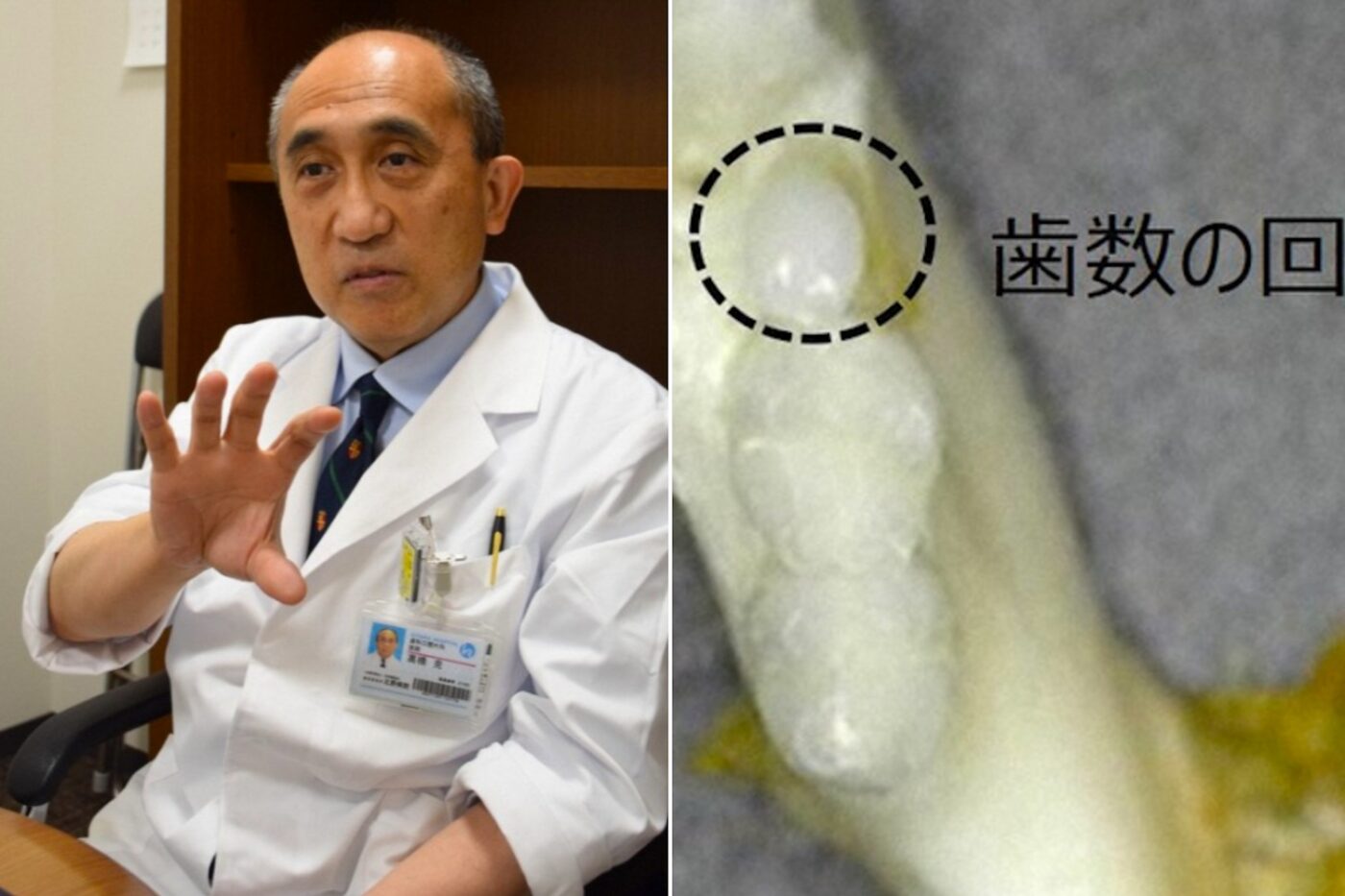A new Japanese drug could change the dental health industry forever by offering an alternative to dentures and implants that simply regrows teeth from scratch.
The health industry is changing at a rapid rate of knots — you only need to look at the ‘Ozempic for kids‘ set to begin clinical trials or the breakthrough mind-reading AI to know that — but now scientists in Japan have created a drug that could change dental health for good.
As reported by The Brighter Side, a research team led by Katsu Takahashi has made huge advancements in the field of dentistry and genetics and could be on the verge of creating a drug that stimulates the growth of new teeth in humans.
This development has the potential to transform global dental care practices, especially for people with hereditary dental conditions. Clinical trials for the medications are set to commence in July 2024 with an aim to make it available globally no later than 2030.
Takahashi — head of the dentistry and oral surgery department at the Medical Research Institute Kitano Hospital — has dedicated much of his career to researching this parodical drug which could change the lives of those suffering from anodontia, oligodontia, or similar conditions that reduce the number of adult teeth and make basic oral functions like chewing, swallowing, and speaking much more difficult.

Andonita affects around 1% of the global population, a massive number of individuals, and a significant proportion of those people are missing six or more teeth, hindering their lives hugely.
Takahashi’s journey began with his specialization in molecular biology at Kyoto University in 1991, but it was in 2018 that his team made a significant breakthrough by developing an antibody-based medicine that could neutralize the USAG-1 protein, leading to the growth of new teeth in mice with congenital tooth deficiencies.
These results were published in 2021 and research is now rapidly progressing towards human trials, with a focus on treating children aged 2 to 6 with anodontia, pending safety checks. If successful, the drig could revolutionise dentistry, completely neutralising the idea that humans are limited to two sets of teeth — one ‘baby’ and one adult — in their lifetime.
Naturally, this would also provide a viable third option alongside — and potentially even replacing — dentures and implants in the future.
